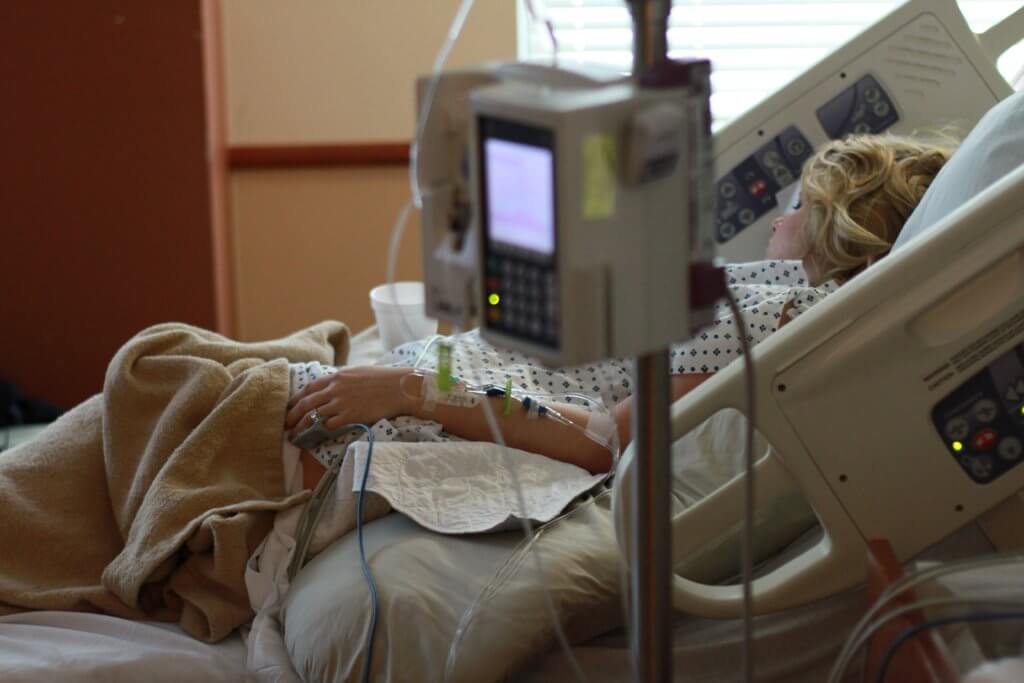Loki: ‘I have an army.’ Tony Stark: ‘We have a Hulk.’
LOS ANGELES — When it comes to the human immune system, it turns out the Marvel superhero was right! An innovative vaccine, likened to sending immune cells into an “Incredible Hulk” mode, may offer protection against all strains of dangerous hospital superbugs.
According to researchers from the University of Southern California, working with mice, a single injection given just before or after a hospital admission could potentially guard against all antibiotic-resistant infections, including the life-threatening MRSA.
This cutting-edge vaccine has been formulated and patented by an international collaboration led by researchers from USC. Their primary objective was to counter severe infections stemming from drug-resistant pathogens.
For those unfamiliar, the Incredible Hulk is a mighty Marvel Comics character who emerges as an alter ego of the scientist, Dr. Bruce Banner.

The study reveals that a single vaccine dose propels immune cells into an enhanced protective mode in mouse models. This results in swift protection against a spectrum of eight bacterial and fungal species.
“It’s an early warning system. It’s like Homeland Security putting out a terror alert,” says senior researcher Dr. Brad Spellberg, affiliated with the USC and chief medical officer at the Los Angeles General Medical Center, in a media release. “You’re alerting the soldiers and tanks of your immune system. The vaccine activates them. ‘Oh my, there’s danger here. I better turn into the Hulk.’ I mean, when you have bad superbugs lurking, that’s when you want the Hulk waiting to pounce rather than Dr. Banner, right?”
Annually in the United States, over 90,000 deaths are attributed to hospital-acquired infections. Current data from the Centers for Disease Control and Prevention suggest that nearly one in 31 hospitalized patients in the U.S. suffers from at least one such infection, often caused by superbugs like MRSA. These infections often spread through contaminated equipment or surfaces, or from person to person, particularly due to unclean hands.
While typical vaccines stimulate the body to produce antibodies against specific pathogens, there are none approved presently to counteract the most grave, antibiotic-resistant infections.
“Even if there were such vaccines, multiple vaccines would have to be deployed simultaneously to protect against the full slate of antibiotic-resistant microbes that cause healthcare-acquired infections,” emphasizes Dr. Brian Luna from USC’s Keck School of Medicine.

Consisting of merely three ingredients, the vaccine features two components already employed in approved vaccines and a fragment from a fungus common on human skin. Lab tests have shown its efficacy within 24 hours, lasting up to 28 days. Preliminary data also hint at extended protection with a second dose.
“This is using our own immune system to fight against different superbugs, which is a different approach than everybody else. This is very different from developing new antibiotics,” says Jun Yan, the study’s lead author and a doctoral student at the Keck School of Medicine.
In pursuit of this innovation, the researchers established a start-up, ExBaq LLC. USC’s technology licensing office has filed a patent for the vaccine and is seeking more.
The research notes the significant boost in vaccine innovation during the pandemic. They emphasize the pivotal role of federal funding and university-industry collaborations in this surge.
ExBaq’s founders are currently in discussions with potential pharmaceutical collaborators interested in advancing the vaccine to human clinical trials. The inaugural trial is planned with healthy volunteers to determine the optimal and safe vaccine dosage that would elicit a similar immune response in humans as observed in mice.
The study is published in the journal Science Translational Medicine.
You might also be interested in:
- Antibiotics can turn your gut into a breeding ground for drug-resistant superbugs
- Hospital floors are hotspots for bacteria, allowing quick spread to surfaces and people
- ‘Superhero’ vaccine based on Olympic athlete DNA could provide ‘body-wide genetic upgrade’
South West News Service writer Stephen Beech contributed to this report.

